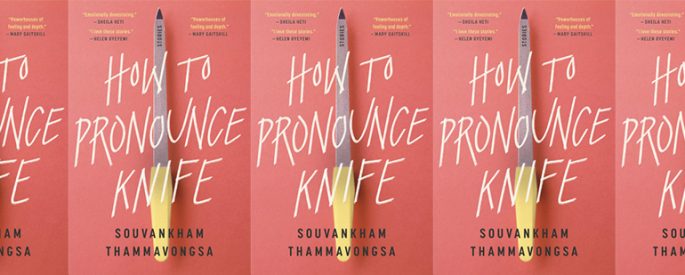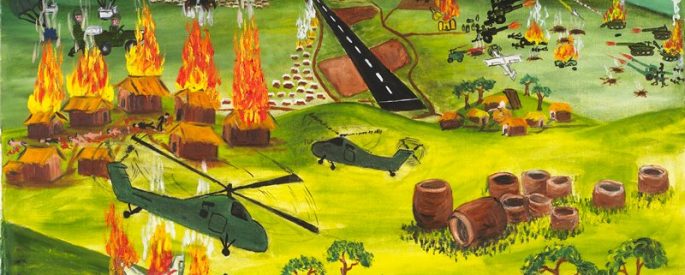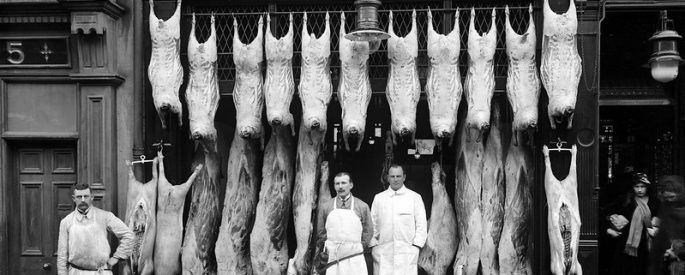Author Archive
“What is magic but a story with solid engineering?”

Coming from a culture where audience participation was an integral part of communal life, the novel does not offer my parents, Lao refugees, an easy entry point. So I wrote in a way where nothing would be lost if they added their own spin to the story.
Fire Is Not a Country’s Observation of the Apocalypse

The tension between the self and the marketplace is the kindle in Cynthia Dewi Oka’s poetry collection. The book draws much of its power from domestic scenes set against an apocalyptic background; here, social mobility is not merely an aspiration, but a search for safety through a series of
“I think desire is a thing that all feelings revolves around”: An Interview with Souvankham Thammavongsa

What all the stories in Thammavongsa’s debut collection, out today, have in common is the stubbornness of desire manifested by the characters, whether it is the desire to defend your parents against mockery, the desire to fit in, the desire for physical intimacy, or the desire to be seen.
Forensic Architecture and César Aira’s Ghosts

In essence, Aira says that architecture is a language, a manifestation of our unconscious into reality; it is a diorama of our humanity, rendered in miniature form, shaped by our dreams. So what should we make of the dreams of architects who create buildings of inequity?
The Many Disappearances in Run Me to Earth

In Paul Yoon’s new novel, we become witnesses to the many disappearances that punctuate war-torn lives: of neighbors, memories, motorcycles, colonizers, baskets, friends, body parts, names. Some of these disappearances, however, like new continents emerging from volcanic eruptions, lay the ground for Yoon’s characters’ destinies.
The Mechanization of Violence in Animalia

Through etymological conversion, our minds have come to separate “flesh” from “meat,” sublimating the violent methods necessary to render bodies into food and making us believe we know with certainty what separates our own bodies from the bodies that we destine to be eaten.